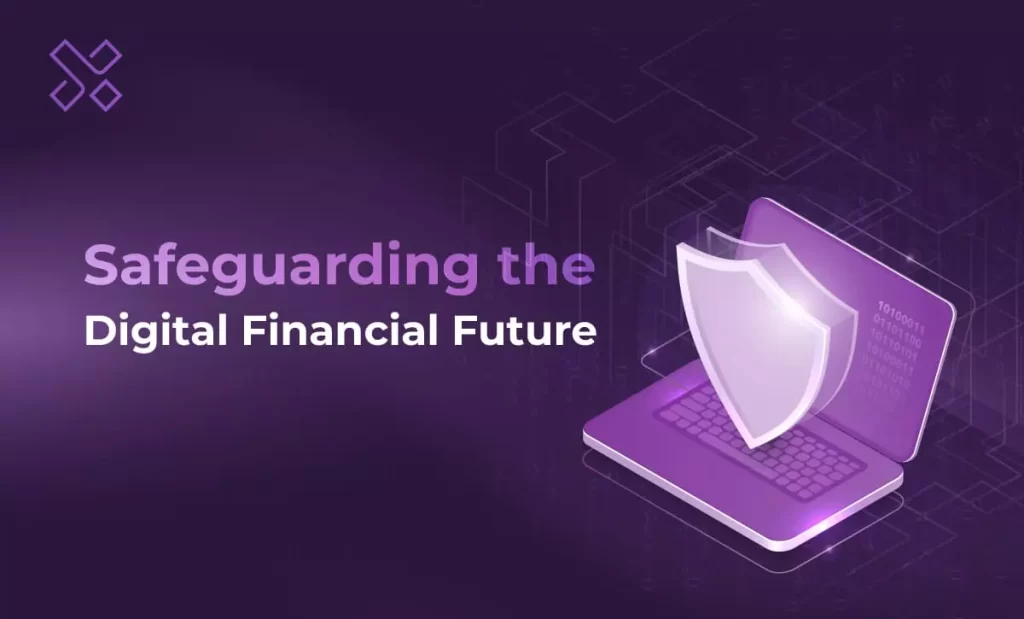Cryptocurrencies have revolutionized the way we understand and conduct financial transactions. With decentralization at its core, digital currencies have eliminated traditional intermediaries and empowered users to have greater control over their assets. However, this financial revolution is not without challenges, and one of the most critical aspects is security in the cryptocurrency exchanges where they are hosted.
The challenging nature of cryptocurrency security
Unlike traditional transactions, cryptocurrencies operate in a virtual environment without tangible institutional backing. This lack of centralized regulation and the inherent pseudonymity of many cryptocurrencies – such as Bitcoin – make exchanges attractive targets for cyberattacks. Cryptocurrency thefts and exchange hacks are unfortunate events, but not uncommon in the industry. In response, protecting assets through platform-generated protocols is vital.
Security in cryptocurrency exchanges is essential to preserve user trust and ensure the widespread adoption of these emerging financial technologies. However, public trust is fragile, and every security breach undermines the credibility of the cryptocurrency market as a whole. Therefore, exchanges must implement robust measures to safeguard user assets and ensure the integrity of the ecosystem.
Security practices in exchanges
In this context, security practices are key to safeguarding user trust and assets and, consequently, fostering the adoption and growth of demand for these products.
To ensure such protection, cryptocurrency exchanges generally adopt the following measures. Considering them will also allow you to wisely choose the best option to access the DeFi market:
- Two-Factor Authentication (2FA): Two-factor authentication is an additional layer of security that requires more than just a password to access an account. This significantly hinders unauthorized access.
- Cold storage of funds: Keeping most funds in cold storage (devices not connected to the Internet) reduces exposure to online threats, as digital assets are not constantly online and are less accessible to hackers.
- Regular security audits: Exchanges should undergo regular security audits conducted by third-party cybersecurity experts to identify and address potential vulnerabilities before they are exploited.
- User Fund Insurance: Some exchanges offer insurance for user funds in case of security breaches. This provides an additional layer of protection and demonstrates the exchange’s commitment to user security.
- Transparency and Effective Communication: In the case of security incidents, transparency and open communication are crucial. Exchanges must promptly inform users of any security breaches, provide details on corrective measures taken, and aid those affected.
Future Perspective
As cryptocurrencies continue to gain acceptance, the importance of security in exchanges will only increase. Regulators are also taking steps to establish stronger security standards in the industry. Collaboration between the crypto community, exchanges, and regulators is essential to building a secure and sustainable ecosystem.
In conclusion, security in cryptocurrency exchanges is not just a technical consideration but a fundamental pillar for widespread adoption and the ongoing success of cryptocurrencies in the global financial landscape. Protecting digital assets not only benefits individuals but also contributes to the strengthening and legitimization of the entire cryptocurrency ecosystem.









